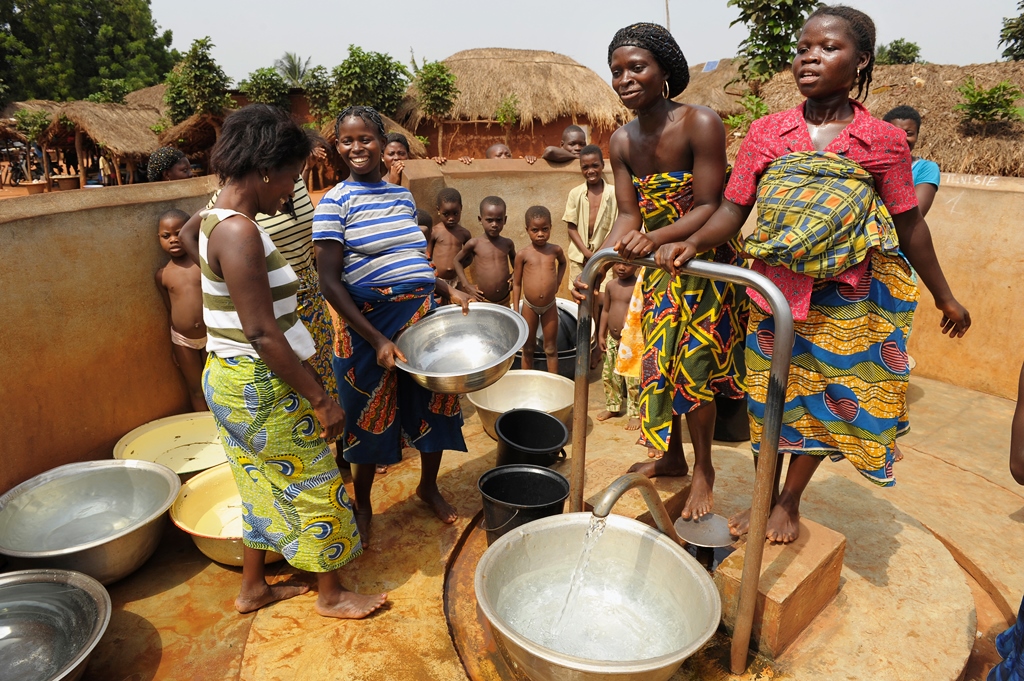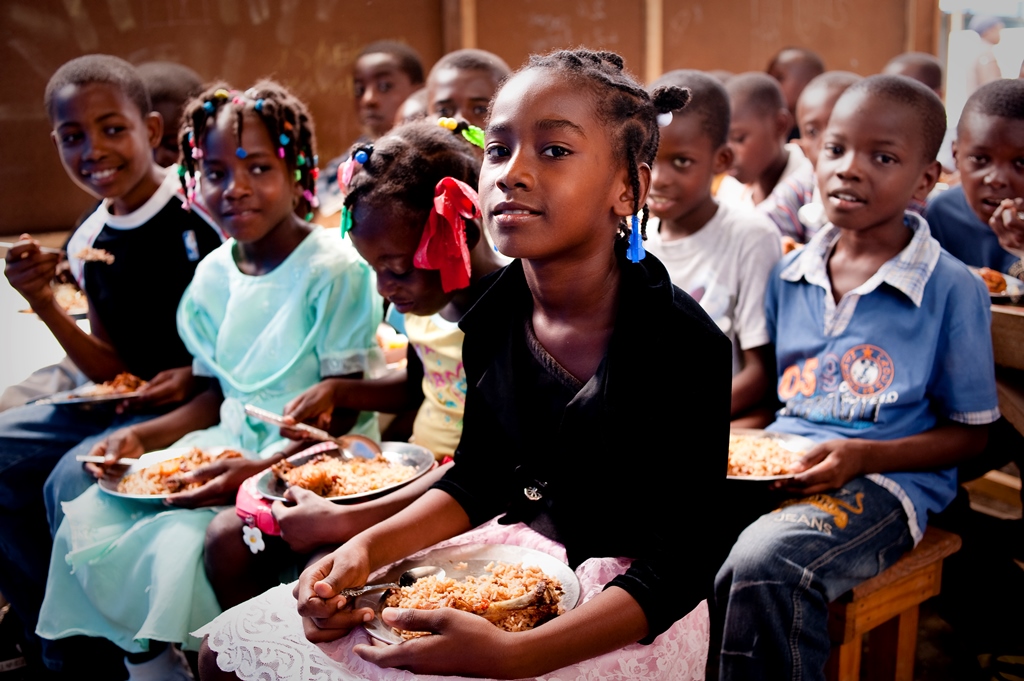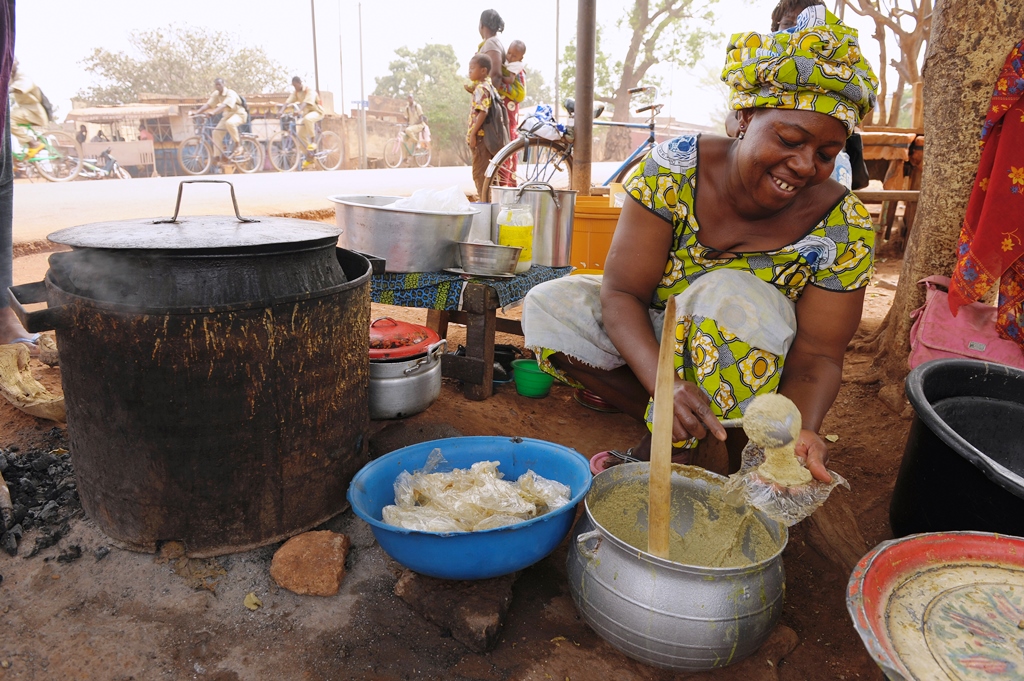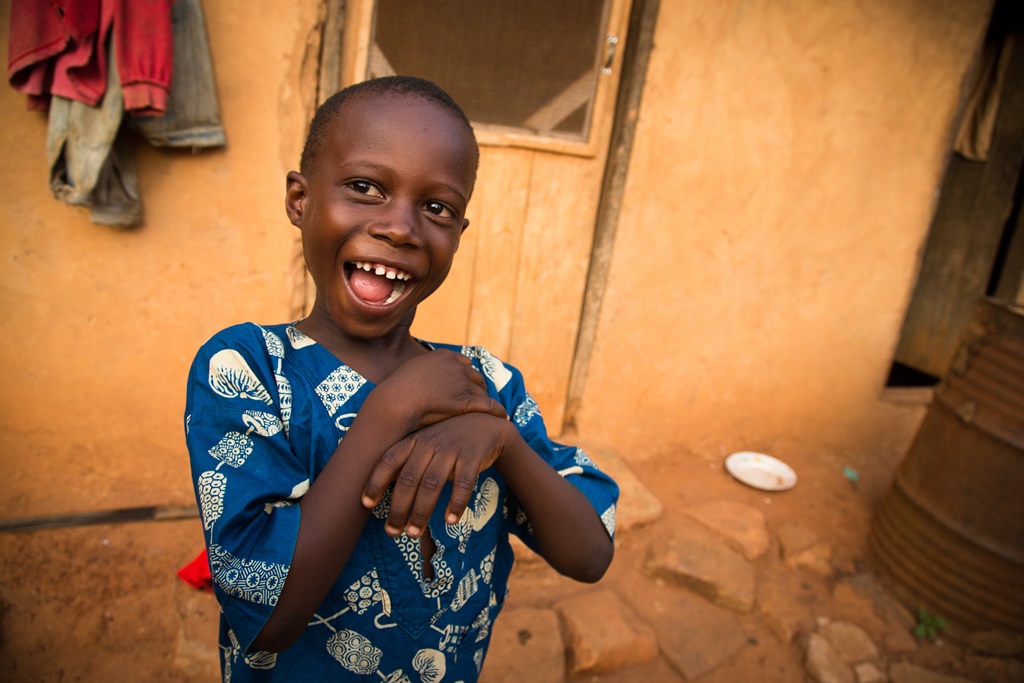You all are so generous that last year Compassion Canada raised $1.1 million to respond to various needs around the world through Gifts of Compassion. That’s exciting stuff!
But we don’t just want to have good intentions. We want to make sure we’re doing things in the best way possible.
That’s why our smarty-pants researchers just completed a four-country study of several of our Response initiatives—the types of things you support through Gifts of Compassion. We did this study to help us learn how we’re doing and how to improve, but we thought you might want to hear about the results, too!

Water initiatives
One of the biggest areas in development around the world is WaSH—water initiatives from wells to rainwater harvesting to water filters. But water projects are also notorious for the complications that plague them: According to UNWater, only one-third of WaSH projects are in working order just two years later! In contrast, we found:
- 89 per cent of our water projects were still working in two years.
- 79 per cent of the communities said they would be able to fix the water projects if they broke without outside help.
- The water projects decreased sick days from 10 to 6 per year in Tanzanian children

Food for malnourished kids
One of the largest threats to children’s long-term well-being is malnutrition. We help these children through therapeutic feeding, including nutrient-dense meals, medicine as needed and preventative education. In children who received therapeutic feeding, after two years we found:
- 78 per cent of children were no longer underweight and had caught up to their peers in weight
- Children took far fewer sick days—in Uganda there was a 52 per cent drop in sick days

Food security
Many families Compassion serves aren’t “food secure”, which means they are very vulnerable to famine, drought and other crises. Compassion helps these families through long-term food security initiatives, such as agricultural education. In families who were helped through food security initiatives, we found:
- Because of crises, children in more than half of households had lost weight. But as a result of the food security initiative, 74 per cent of children had been restored to an average weight.
- In Tanzania, families were 30 times more likely to produce food and almost six times more likely to save for the future!

So what’s our big secret?
Why are Gifts of Compassion so effective? It’s no secret—one big advantage is that we work through the local church. Our church partners are passionate about these initiatives. They take ownership of them. This can mean the difference between success and failure.
Another advantage is that the ideas for Gifts of Compassion aren’t dreamed up in our Canada office—they’ve been identified as major needs by the communities we serve.
Why do two-thirds of water projects around the world break down when 89 per cent of Compassion’s keep working?
As our director of Response Programs, Herb Ehresman says, “That’s a huge statistic. I don’t think it’s because we know how to drill wells better than anybody else; it’s because we are working through a partnership rather than implementing programs unilaterally.”
We’re really encouraged by these results, and we hope you are too—you can have confidence when you give a Gift of Compassion this year!
Do you love giving gifts and doing good?
A Gift of Compassion is the perfect gift alternative for your friends, family, colleagues and clients—one that will help make a difference in the life of a child living in one of the poorest communities in the world. Your gift can provide clean drinking water, medical treatment, food supplies and much, much more for children and families served by Compassion.





